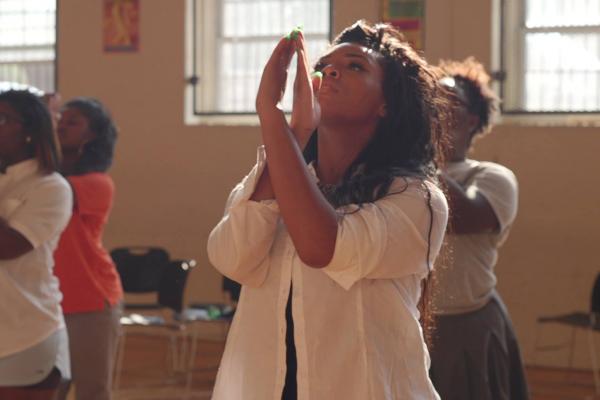Aug 17, 2017
It’s a powerful setup, and the girls’ (and their team’s) journeys are inspiring. But it’s hard to shake the feeling that Lipitz is more concerned with crafting a tidy, three-act narrative than with taking an honest look at who these girls are, and the issues they face.
Read the Full Article

Already a subscriber? Login
